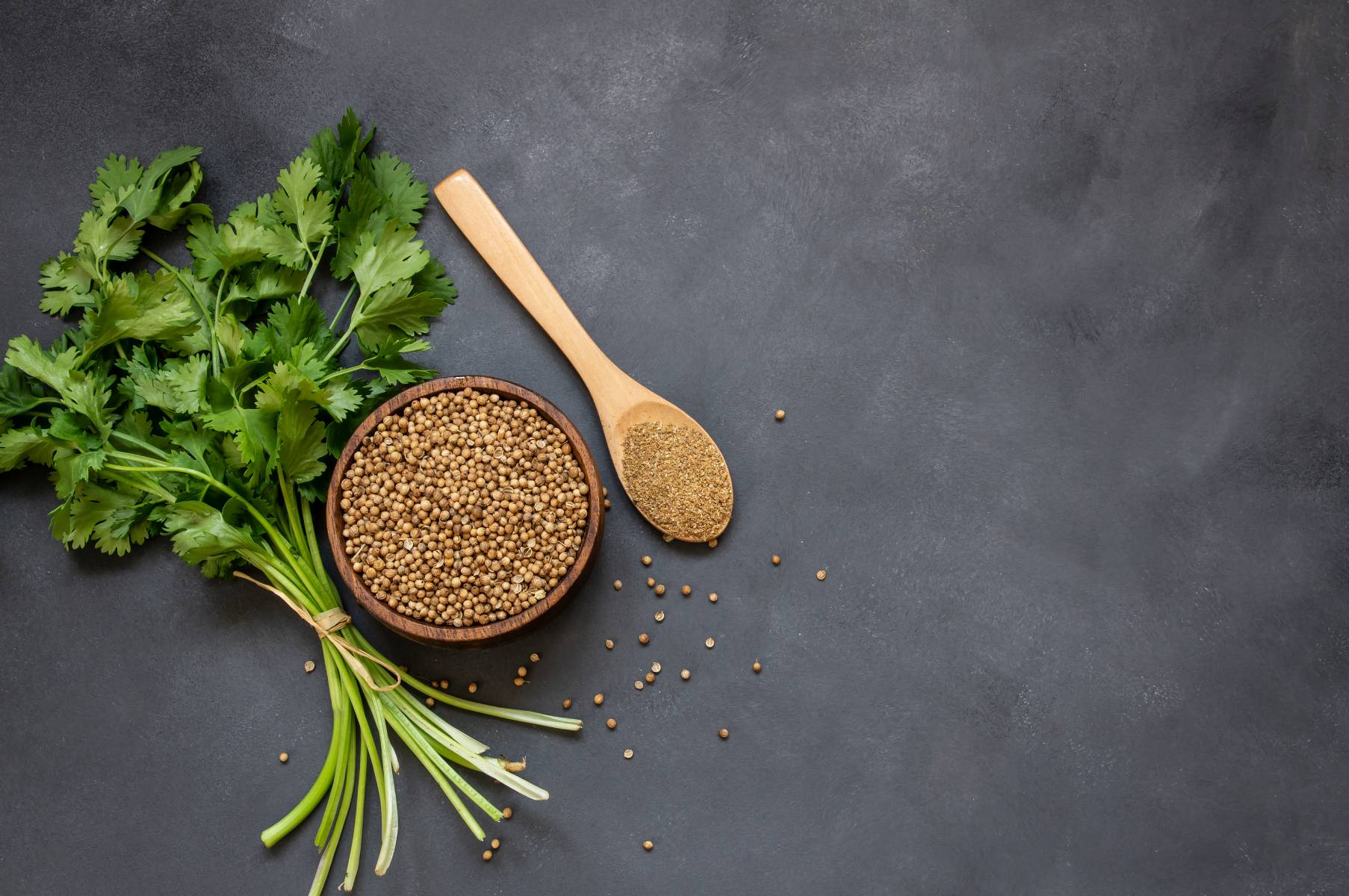

Articles
How To Store Coriander Seeds
Modified: September 1, 2024
Learn how to store coriander seeds properly with this informative article. Find out the best methods to keep your coriander seeds fresh and flavorful for longer.
(Many of the links in this article redirect to a specific reviewed product. Your purchase of these products through affiliate links helps to generate commission for Storables.com, at no extra cost. Learn more)
Introduction
Welcome to the fascinating world of coriander seeds! Whether you’re an avid home cook or a professional chef, you’ll agree that spices play a crucial role in adding depth and flavor to dishes. Coriander seeds, also known as cilantro seeds, are a popular spice used in various cuisines around the world.
However, storing coriander seeds properly is essential to preserve their freshness, aroma, and potency. In this article, we will explore the importance of proper storage for coriander seeds, discuss the steps to select high-quality seeds, guide you through preparing them for storage, and suggest the best containers and optimal storage conditions. Additionally, we will touch upon the shelf life of coriander seeds, signs of spoilage, and offer tips for extending their shelf life.
Whether you buy coriander seeds in bulk or have some leftover from a previous recipe, learning to store them correctly will ensure that you always have flavorful and fragrant seeds at your disposal. So, let’s dive into the world of coriander seeds and discover how to store them effectively!
Key Takeaways:
- Proper storage of coriander seeds is crucial to maintain their flavor, fragrance, and quality. By following the right techniques, you can extend their shelf life and always have fresh, potent seeds for your culinary creations.
- Selecting high-quality coriander seeds, preparing them for storage, and using the right containers and conditions are key to preserving their flavor and aroma. By implementing these steps, you can ensure that your coriander seeds remain fresh and potent for an extended period.
Read more: How To Use Coriander Seeds
Importance of Proper Storage
Proper storage of coriander seeds is essential to maintain their quality and flavor. When exposed to light, air, and moisture, these seeds can lose their potency, become stale, and even develop a rancid taste. By implementing proper storage practices, you can extend the shelf life of your coriander seeds and enjoy their full flavor for months to come.
One of the main reasons to store coriander seeds correctly is to preserve their aromatic properties. Coriander seeds contain essential oils that give them their distinctive flavor and fragrance. When exposed to air and moisture, these oils can evaporate, causing the seeds to lose their flavor. By storing coriander seeds in airtight containers and keeping them away from moisture, you can ensure that the essential oils remain intact, resulting in a more powerful and flavorful spice.
Another important reason to store coriander seeds properly is to prevent them from turning rancid. Like many other spices, coriander seeds contain oils that can go rancid over time. Rancid seeds have an unpleasant, stale taste and can ruin the overall flavor of your dishes. By storing coriander seeds in a cool, dark, and dry place, you can slow down the oxidation process and prevent them from becoming rancid.
Proper storage also helps to protect coriander seeds from pests. Insects and rodents are attracted to the aroma of spices, and coriander seeds are no exception. When exposed to open air or improper storage conditions, these seeds can become a feast for pests, leading to contamination and loss of quality. By storing coriander seeds in sealed containers, you can effectively keep pests at bay and ensure your seeds remain safe and edible.
Additionally, knowing how to store coriander seeds correctly can save you money in the long run. Instead of buying new seeds every time you need them, proper storage allows you to purchase them in bulk and use them gradually. This not only reduces waste but also ensures that you always have a fresh supply of high-quality coriander seeds on hand.
Overall, proper storage practices are paramount for preserving the flavor, fragrance, and quality of coriander seeds. By implementing these practices, you can maximize their shelf life, prevent spoilage, and enjoy the full potential of this versatile spice.
Selecting High-Quality Coriander Seeds
When it comes to selecting coriander seeds, it’s important to choose high-quality seeds that are fresh and free from any contaminants. Here are some tips to help you identify and select the best coriander seeds:
- Appearance: Look for coriander seeds that have a uniform and consistent color. They should be light brown or golden in color, with no signs of discoloration or dark spots. Avoid seeds that appear dull or have a rough texture, as these could be indicators of age or poor quality.
- Aroma: High-quality coriander seeds have a pleasant, citrusy aroma. Take a moment to sniff the seeds before making a purchase. If the seeds lack aroma or have a musty smell, it’s best to avoid them.
- Size and Shape: Coriander seeds are small, round, and slightly oval in shape. Choose seeds that are uniform in size, as this indicates that they are of better quality. Avoid seeds that are shriveled, misshapen, or have a wrinkled appearance.
- Purity: Ensure that the coriander seeds are free from any foreign matter, such as twigs, leaves, or stones. Check the packaging or inspect the seeds before buying to ensure they are pure and uncontaminated.
- Brand Reputation: Opt for reputable brands or trusted sources when purchasing coriander seeds. These brands often have stricter quality control measures in place, ensuring that the seeds are of high quality and meet safety standards.
It’s worth noting that purchasing whole coriander seeds is generally recommended over pre-ground seeds. Whole seeds retain their flavor and aroma for longer periods and can be ground as needed to preserve their freshness. However, if you prefer the convenience of pre-ground coriander seeds, ensure that the packaging is airtight and the expiration date is not past.
By keeping these tips in mind, you can ensure that you’re selecting high-quality coriander seeds that will contribute to the vibrant flavors and aromas in your culinary creations.
Preparing Coriander Seeds for Storage
Before storing coriander seeds, it’s important to properly prepare them to ensure optimal freshness and longevity. Follow these steps to prepare coriander seeds for storage:
- Cleaning: Begin by inspecting the coriander seeds and removing any debris or impurities. Gently shake the seeds in a sieve or colander to remove any dirt, stones, or other foreign matter. You can also rinse the seeds under running water and pat them dry with a clean cloth or paper towel.
- Drying: After cleaning, it’s crucial to dry the coriander seeds thoroughly before storing them. Spread the seeds in a single layer on a clean, dry towel or baking sheet. Allow them to air dry for a few hours or use a fan to speed up the drying process. Make sure the seeds are completely dry, as any moisture can lead to mold or spoilage during storage.
- Optional Roasting: Roasting the coriander seeds can enhance their flavor and aroma. To roast the seeds, place them in a dry skillet over medium heat. Stir them constantly for a few minutes until they become fragrant and lightly golden. Be careful not to burn them. Allow the roasted seeds to cool completely before storing.
Once you have prepared the coriander seeds, it’s time to transfer them to suitable storage containers.
Note: It’s best to prepare coriander seeds for storage in small batches to ensure optimal freshness. If you expect to use the seeds within a short period, you can skip the drying and roasting steps.
By following these preparation steps, you can ensure that your coriander seeds are clean, dry, and ready for storage. These simple steps will help maintain the flavor, fragrance, and quality of the seeds for an extended period.
Best Storage Containers for Coriander Seeds
Choosing the right storage containers for coriander seeds is crucial to maintain their freshness and protect them from moisture, air, light, and pests. Here are a few options for the best storage containers:
- Airtight Glass Jars: Glass jars with airtight seals are an excellent choice for storing coriander seeds. They are non-reactive, meaning they won’t absorb or transfer any flavors or odors to the seeds. Clear glass jars should be stored in a cool, dark place to prevent exposure to light.
- Metal Tins: Tin containers with tight-fitting lids are another option for storing coriander seeds. They provide a sturdy and airtight environment to protect the seeds from moisture and air. Make sure the tin is food-grade and has no rust or damage that could compromise the seeds’ quality.
- Plastic Containers: While not ideal, plastic containers with airtight seals can be used for short-term storage of coriander seeds. Opt for high-quality, food-grade plastic containers that are BPA-free. Plastic containers should be stored in a cool, dark area to prevent exposure to light and heat.
When choosing the right storage container, consider the size of your coriander seed supply. It’s better to use smaller containers to minimize air exposure and keep the seeds fresher for longer. If using larger containers, consider dividing the seeds into small batches to reduce the frequency of opening and closing the main container.
Regardless of the container, it’s important to label it with the date of storage to keep track of the freshness of your coriander seeds. This way, you can ensure that you use older seeds first and maintain a rotation system.
Remember that the key to successful storage is to keep the coriander seeds in an airtight container, away from heat, light, and moisture.
By using the appropriate storage container, you can extend the shelf life of your coriander seeds and ensure that they remain fresh and flavorful for your culinary endeavors.
Store coriander seeds in an airtight container in a cool, dark place, away from heat and moisture. This will help preserve their flavor and potency for longer.
Read more: What Are Coriander Seeds
Optimal Storage Conditions
Creating the right storage conditions is essential for prolonging the shelf life of coriander seeds and preserving their flavor and aroma. Here are the optimal storage conditions to consider:
Temperature: Coriander seeds should be stored in a cool place with a stable temperature. Ideally, the storage area should be around 15 to 20°C (59 to 68°F). Avoid exposing the seeds to high temperatures, as it can cause the essential oils to evaporate and degrade their quality.
Light: Coriander seeds are sensitive to light. Exposure to sunlight or artificial light can lead to a loss of flavor and aroma. Store coriander seeds in a dark place, such as a pantry or kitchen cabinet, away from direct light exposure. If using clear containers, ensure they are stored in a dark area.
Humidity: Moisture is the enemy of coriander seeds, as it can cause them to spoil or become moldy. Choose a storage area that is dry, with low humidity levels. Avoid storing coriander seeds in the refrigerator or freezer, as the moisture can accumulate and affect the quality of the seeds.
Airtight Environment: Coriander seeds should be stored in airtight containers to prevent air and moisture from getting in. Oxygen exposure can lead to oxidation and loss of flavor. Ensure that the containers you choose have secure lids or seals to maintain a controlled environment and keep the seeds fresh.
Avoid Seasonings and Spices: When storing coriander seeds, it’s best to keep them separate from other seasonings and spices. Coriander seeds have a strong aroma and can easily absorb the flavors of nearby spices, compromising their own taste. Store them in their own designated containers to maintain their authentic flavor and aroma.
By following these optimal storage conditions, you can extend the shelf life of coriander seeds and ensure that they retain their freshness, flavor, and aroma. Incorporating these practices into your storage routine will help you make the most out of this versatile spice.
Length of Shelf Life
The shelf life of coriander seeds can vary depending on various factors, including storage conditions, quality of the seeds, and how well they are protected from moisture, light, and air. On average, properly stored coriander seeds can maintain their flavor and potency for up to two to three years.
It’s important to note that while coriander seeds may still be safe to consume after their shelf life has expired, their flavor and aroma may gradually diminish over time. Therefore, it’s best to use coriander seeds within their recommended shelf life for the best culinary results.
Keep in mind that ground coriander seeds have a shorter shelf life compared to whole seeds. Once ground, the exposed surface area increases, making them more susceptible to flavor loss and oxidation. Ground coriander seeds will typically remain fresh for about six months to one year under optimal storage conditions.
To determine if coriander seeds are still usable beyond their shelf life, you can perform a sensory evaluation. Take a small amount of the seeds and inspect them for any signs of mold, discoloration, or unpleasant odor. Crush a few seeds in your hand and assess their aroma. If the seeds appear and smell normal, you can use them, but keep in mind that their flavor may not be as potent as fresh seeds.
It’s worth mentioning that the shelf life of coriander seeds can vary based on personal preferences. Some individuals are more sensitive to changes in flavor and may find that the seeds lose their freshness before the suggested timeframe. If you’re unsure about the quality of your coriander seeds, it’s always a good idea to trust your senses or opt for a fresh batch.
By storing coriander seeds properly and using them within their recommended shelf life, you can ensure that you are getting the most flavor and aroma out of this versatile spice in your culinary creations.
Signs of Spoiled Coriander Seeds
Knowing the signs of spoiled coriander seeds is important to ensure that you are using fresh and safe ingredients in your cooking. Here are some indicators that your coriander seeds may have gone bad:
- Off Odor: One of the first signs of spoiled coriander seeds is a foul or musty odor. If the seeds have a strong, unpleasant smell or develop an odor different from their characteristic aroma, it is best to discard them.
- Mold or Discoloration: Examine the coriander seeds for any signs of mold or discoloration. If you notice any green, black, or white spots on the seeds or see a fuzzy texture, it indicates that the seeds have been contaminated and are no longer suitable for consumption.
- Deteriorated Appearance: Fresh coriander seeds have a vibrant, golden or light brown color. If you observe that the seeds have turned dull, darkened significantly, or have a faded appearance, it is a clear indication that they are no longer fresh.
- Loss of Aroma: Coriander seeds are prized for their distinct citrusy and herbal aroma. If you find that the seeds have lost their characteristic fragrance or have a weak smell, it means that the essential oils in the seeds have degraded, likely due to spoilage.
- Unusual Texture: Spoiled coriander seeds can have a slimy or mushy texture. If you notice any signs of softness, stickiness, or clumping together, it’s a strong indication that the seeds have gone bad and should not be used.
When using coriander seeds, it’s important to trust your senses. If you notice any of the above signs of spoilage, it’s best to err on the side of caution and discard the seeds. Consuming spoiled coriander seeds can lead to a negative taste experience and potential health risks.
To avoid running into this issue, ensure that you store your coriander seeds properly in a cool, dry, and airtight container away from moisture, light, and heat. Regularly inspect the seeds for any signs of deterioration, and use them within their recommended shelf life.
By being aware of the signs of spoiled coriander seeds, you can maintain the quality of your spices and create delicious and safe culinary delights.
Tips for Extending the Shelf Life
To extend the shelf life of coriander seeds and ensure their freshness and flavor for as long as possible, here are some helpful tips:
- Proper Storage: Store coriander seeds in airtight containers to prevent them from being exposed to air, moisture, and light. This helps to maintain their aroma and flavor. Choose containers made of glass or metal, as they provide better protection compared to plastic containers.
- Keep Away from Heat: Avoid storing coriander seeds near sources of heat, such as stovetops, ovens, or direct sunlight. Heat can accelerate the deterioration process and cause the seeds to lose their potency.
- Avoid Grounding Until Needed: Whole coriander seeds have a longer shelf life compared to ground seeds. Consider grinding the seeds as needed to preserve their flavor. Invest in a good-quality spice grinder or use a mortar and pestle for optimal freshness.
- Store in a Cool, Dark Place: Coriander seeds prefer cool and dry environments. Find a cool and dark spot, such as a pantry or cupboard, away from the stove or any appliances that emit heat. Avoid storing them in the refrigerator, as the moisture may affect their quality.
- Use Dry Spoons: When scooping coriander seeds from the container, always use a clean, dry spoon or measuring scoop. Introducing moisture into the container can lead to spoilage and reduce the shelf life of the seeds.
- Regularly Check for Quality: Periodically inspect the coriander seeds for any signs of spoilage, such as mold, discoloration, or off odors. Remove any spoiled seeds to prevent contamination of the remaining batch.
- Buy in Smaller Quantities: Consider purchasing coriander seeds in smaller quantities to ensure that you use them within their recommended shelf life. This will help maintain the freshness and flavor of the seeds.
- Label and Rotate: Properly label your storage containers with the date of purchase or storage. Practice the “first in, first out” principle by using older seeds first and rotating your stock to ensure freshness.
By following these tips, you can significantly extend the shelf life of coriander seeds and ensure that they retain their potent flavor and aroma. Proper storage and handling will help you make the most out of this versatile spice in your culinary creations.
Read more: What To Use Coriander Seeds For
Conclusion
Storing coriander seeds properly is essential for preserving their flavor, fragrance, and quality. By implementing the right storage techniques and following the tips outlined in this article, you can extend the shelf life of coriander seeds and ensure that they remain fresh and potent for your culinary endeavors.
From selecting high-quality seeds and preparing them for storage to choosing the best containers and creating optimal storage conditions, every step plays a crucial role in maintaining the integrity of coriander seeds. By keeping them away from moisture, light, heat, and air exposure, you can protect the essential oils within the seeds and prevent them from going rancid or losing their flavor.
Regularly inspecting your coriander seeds for signs of spoilage and using them within their recommended shelf life is important to ensure the best culinary experience. Trust your senses and discard any seeds that show mold growth, unusual odor, discoloration, or clumping.
By following the tips for extending the shelf life, you can maximize the use of coriander seeds, reduce wastage, and always have a fresh supply on hand. Whether you’re adding them to curries, marinades, pickles, or baked goods, properly stored coriander seeds will enhance the flavors of your dishes and add that delightful touch.
So, take the time to store your coriander seeds correctly, and experience the joy of using fresh and flavorful spices in your cooking. Enjoy the versatility and enchanting aroma that coriander seeds bring to your culinary creations, knowing that you have mastered the art of preserving and using them at their best.
Remember, with proper storage techniques, your coriander seeds will remain a pantry staple, elevating your dishes with their unique flavor and aroma, season after season!
Frequently Asked Questions about How To Store Coriander Seeds
Was this page helpful?
At Storables.com, we guarantee accurate and reliable information. Our content, validated by Expert Board Contributors, is crafted following stringent Editorial Policies. We're committed to providing you with well-researched, expert-backed insights for all your informational needs.
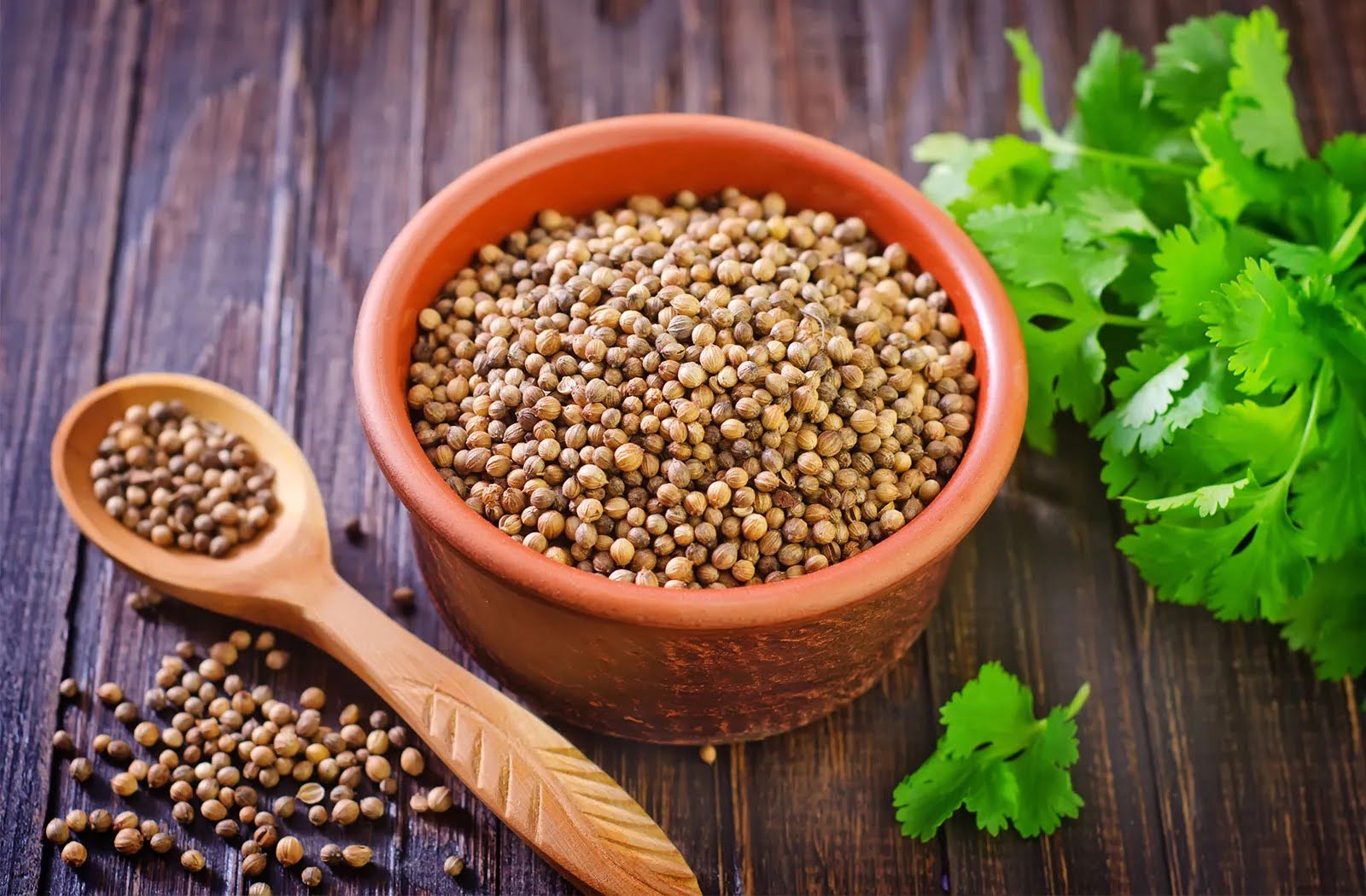
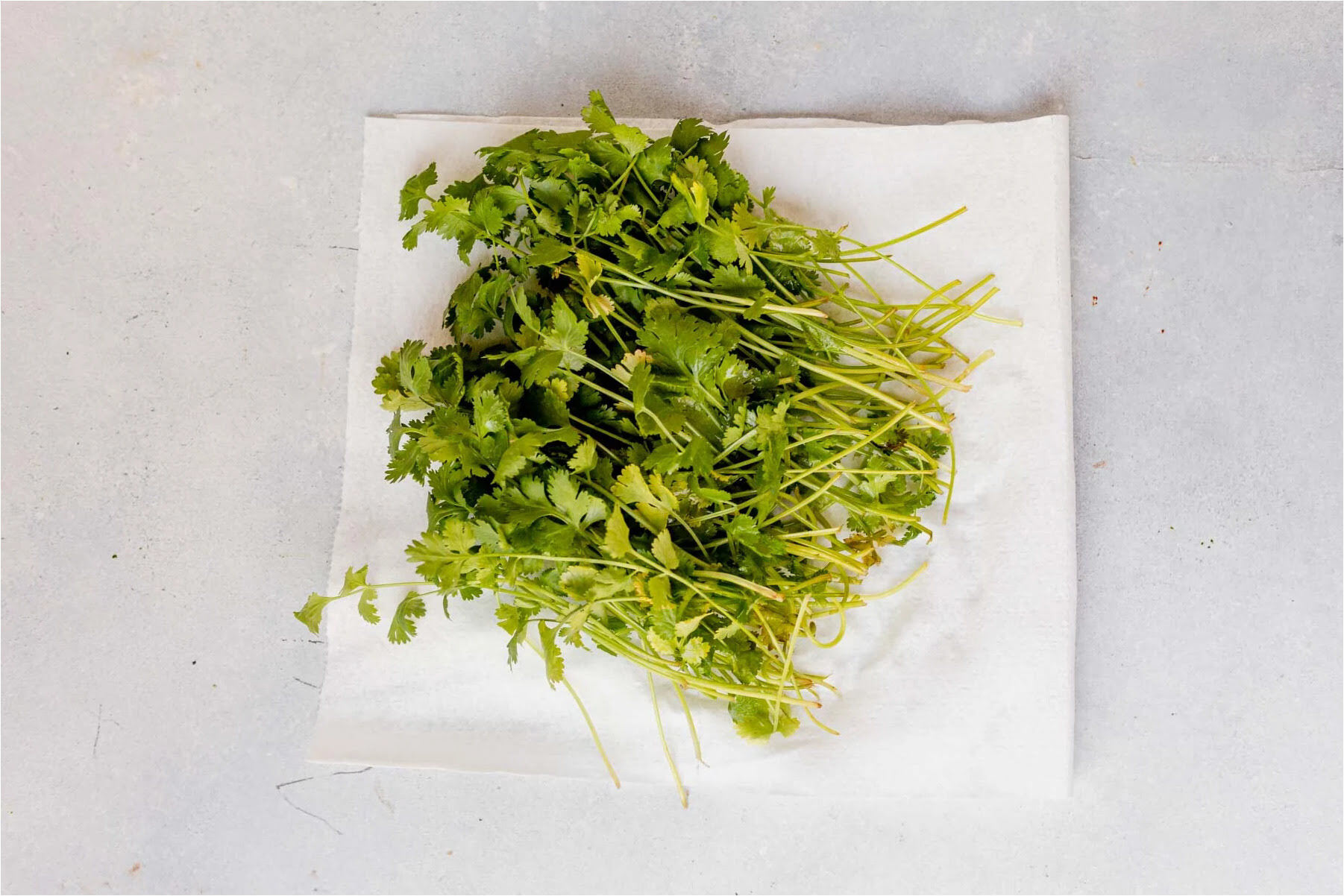
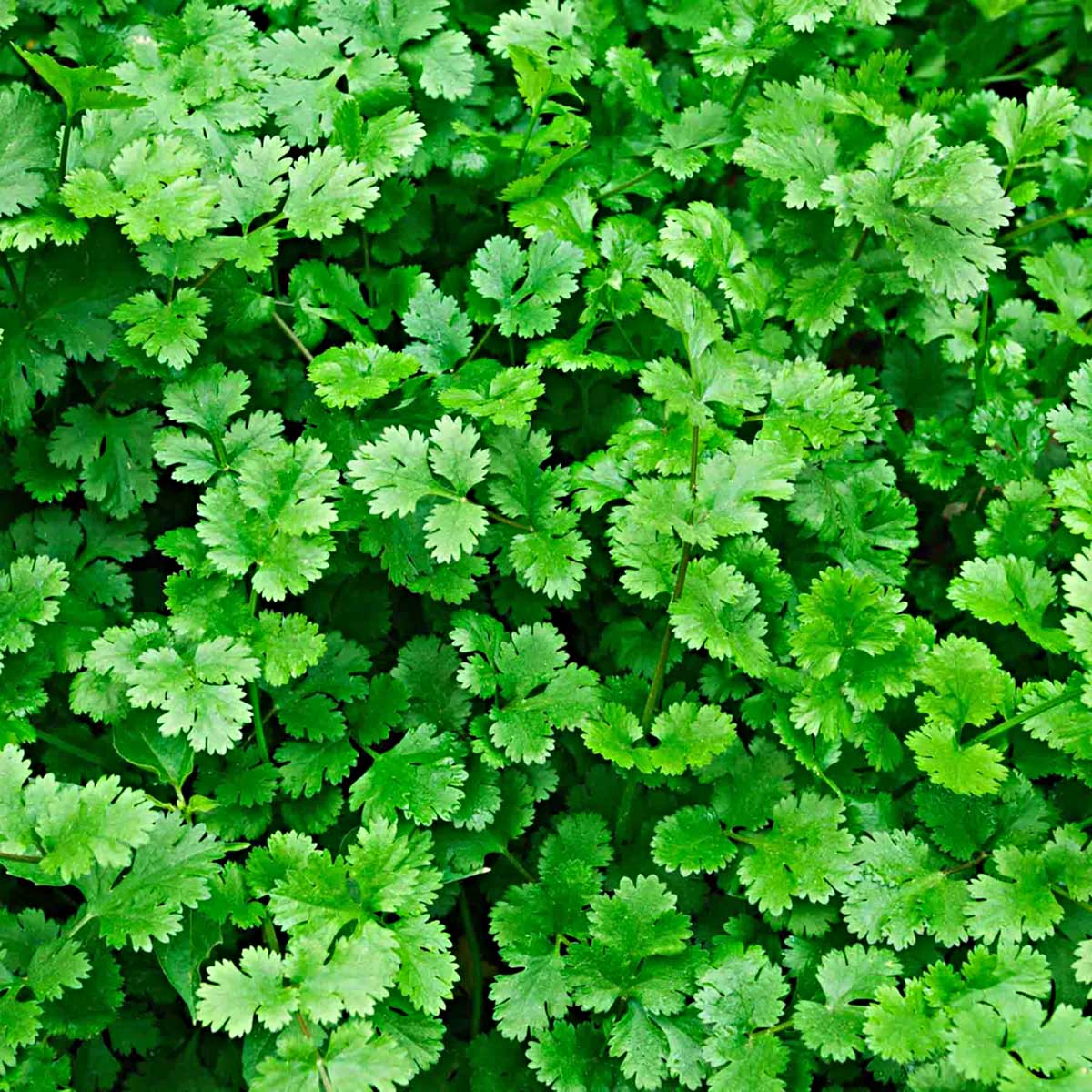
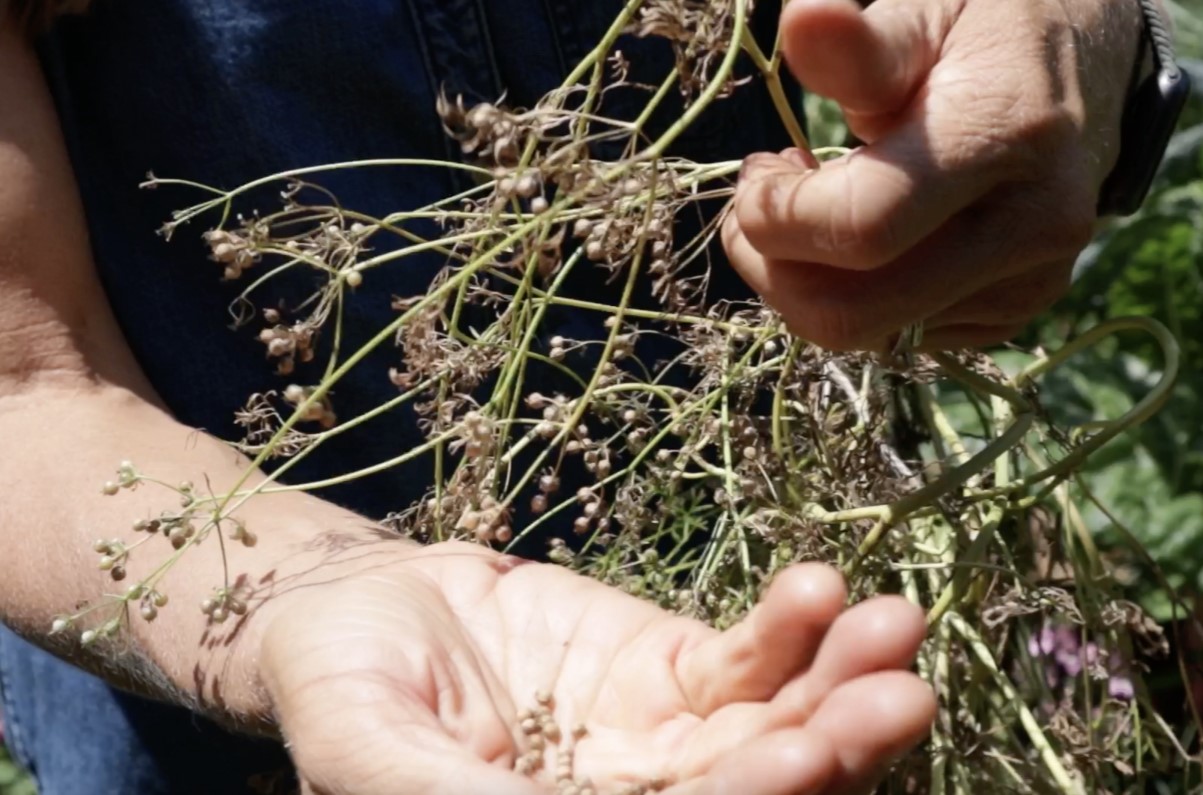
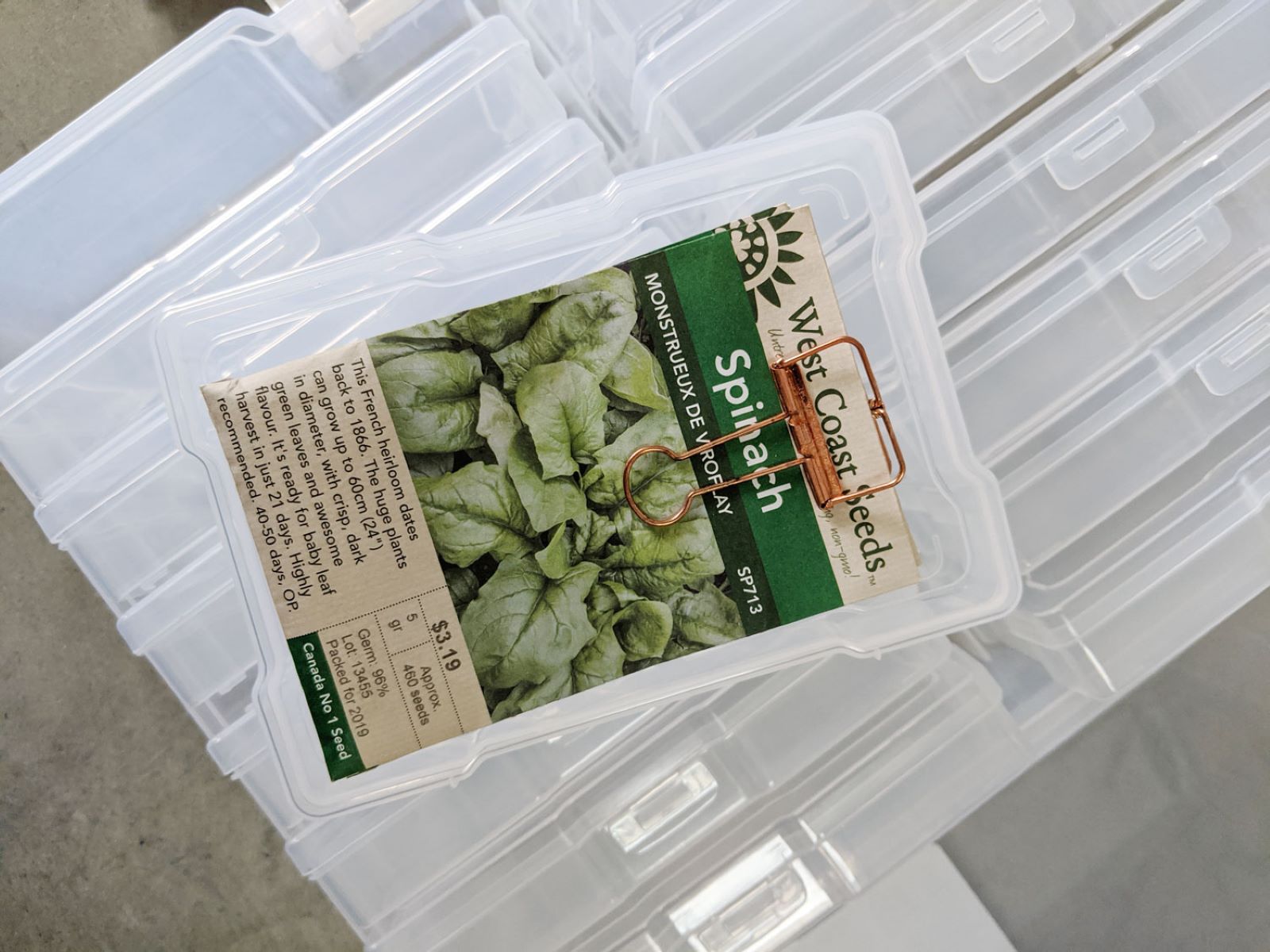
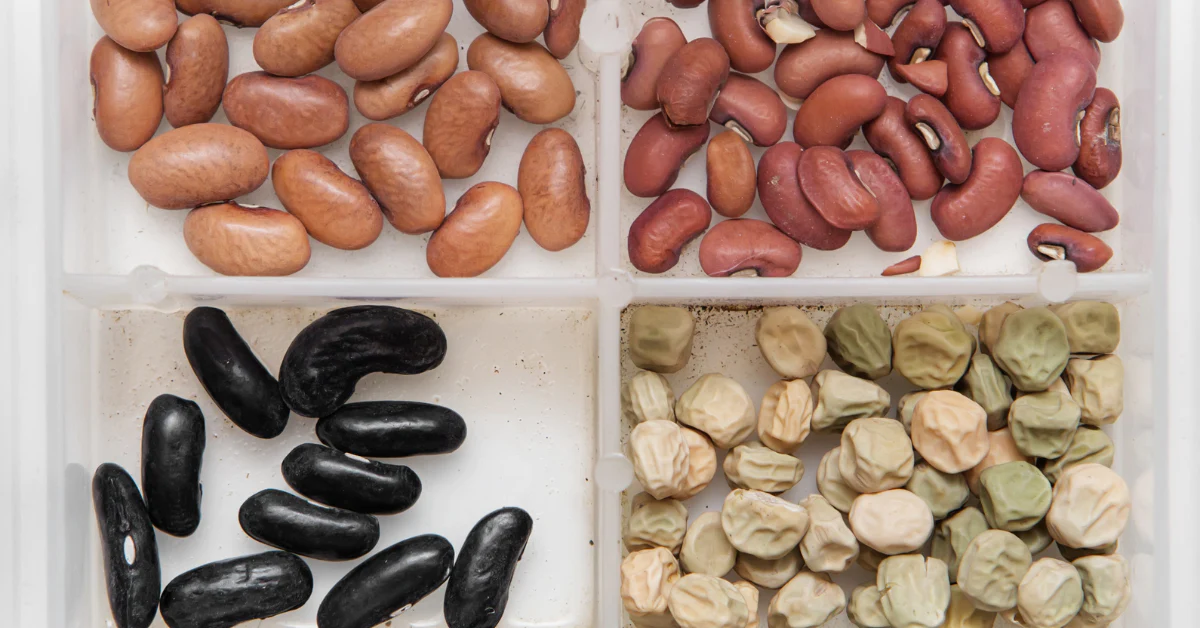
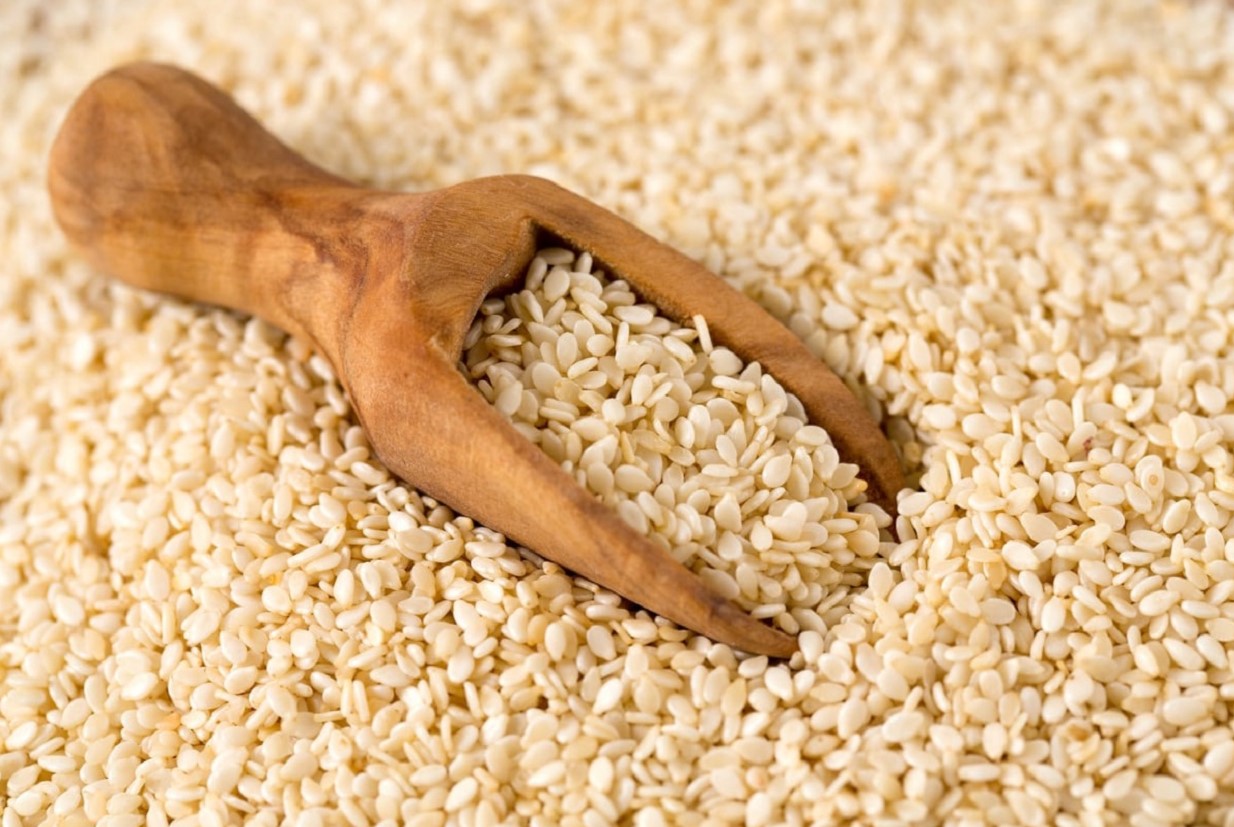
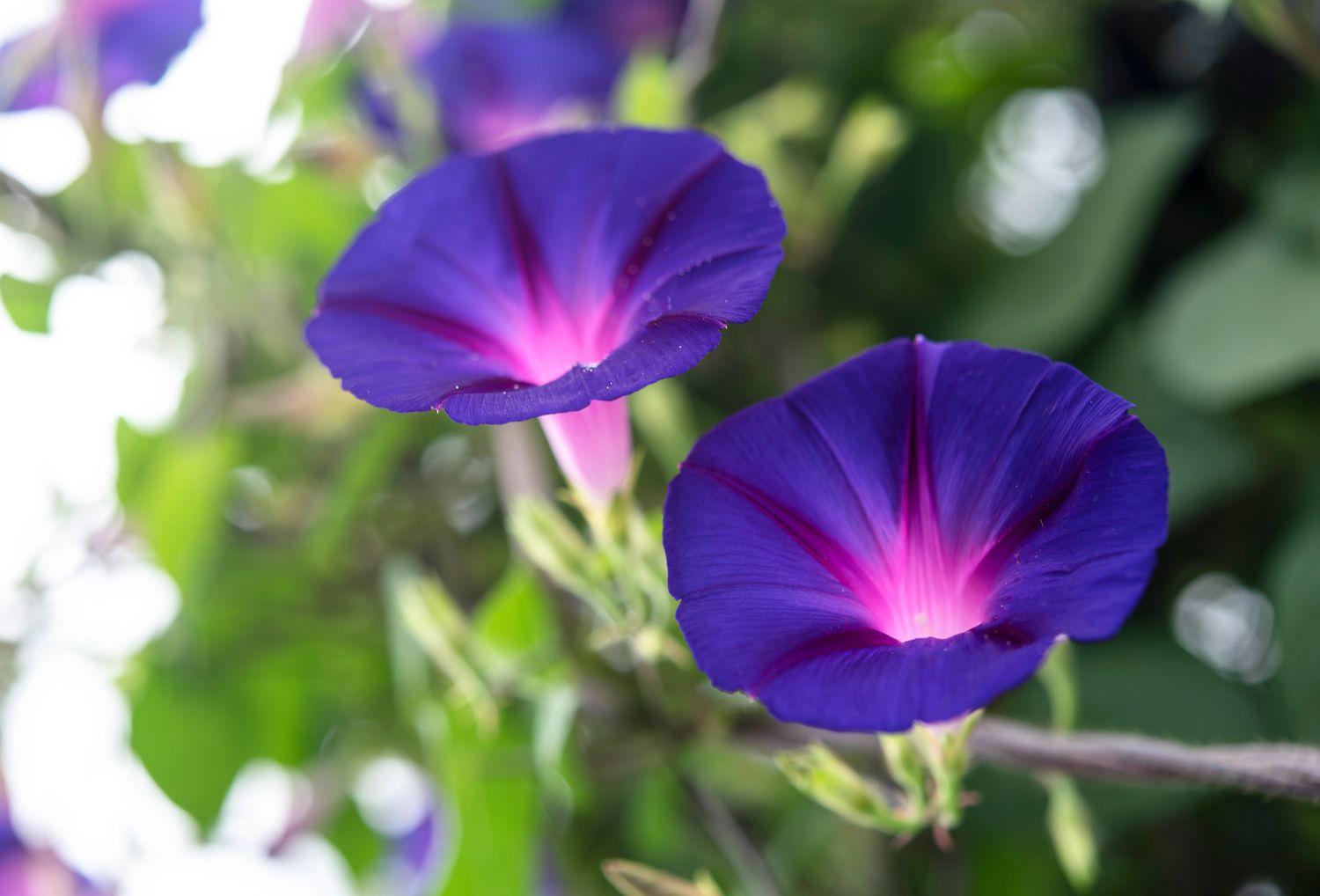
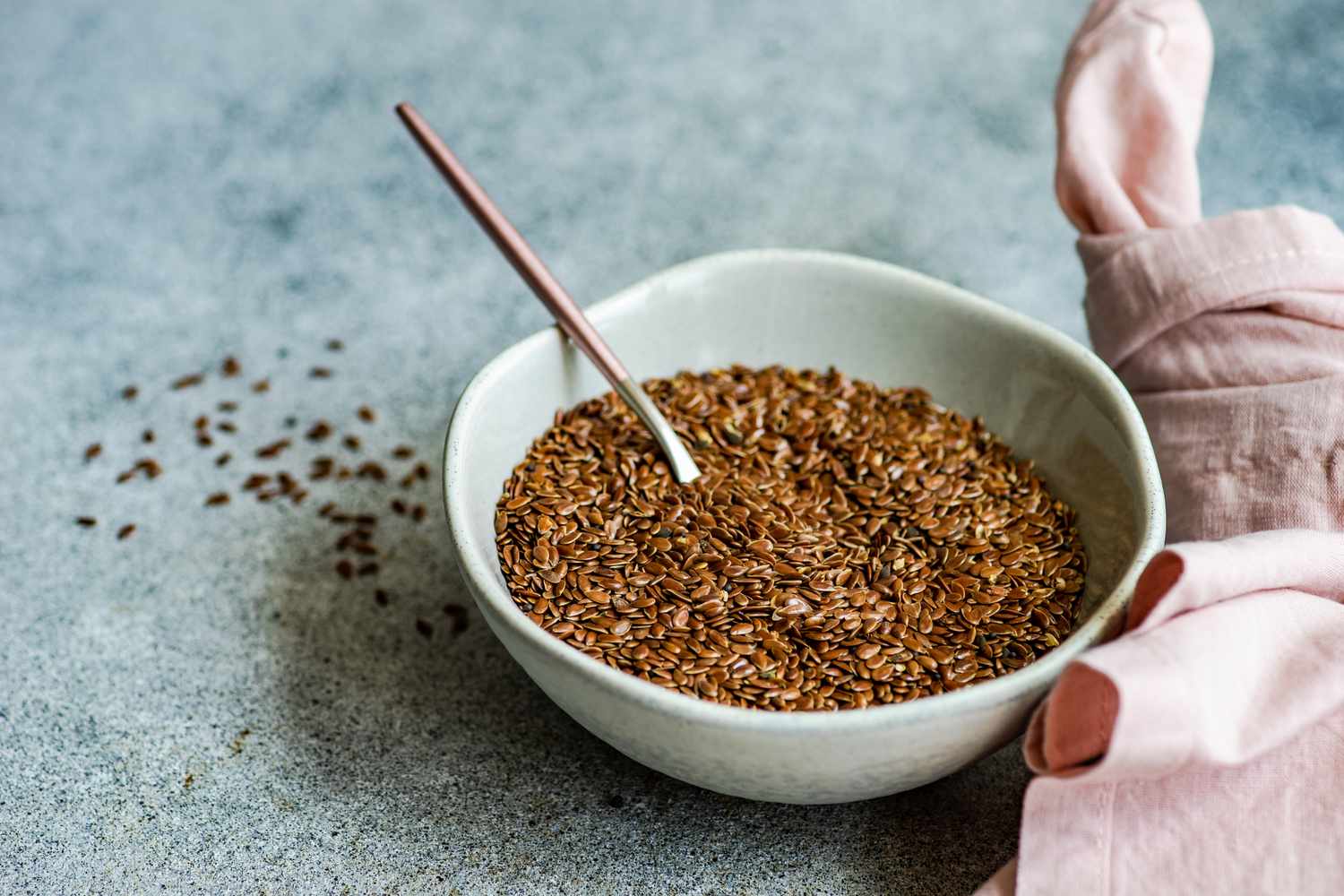
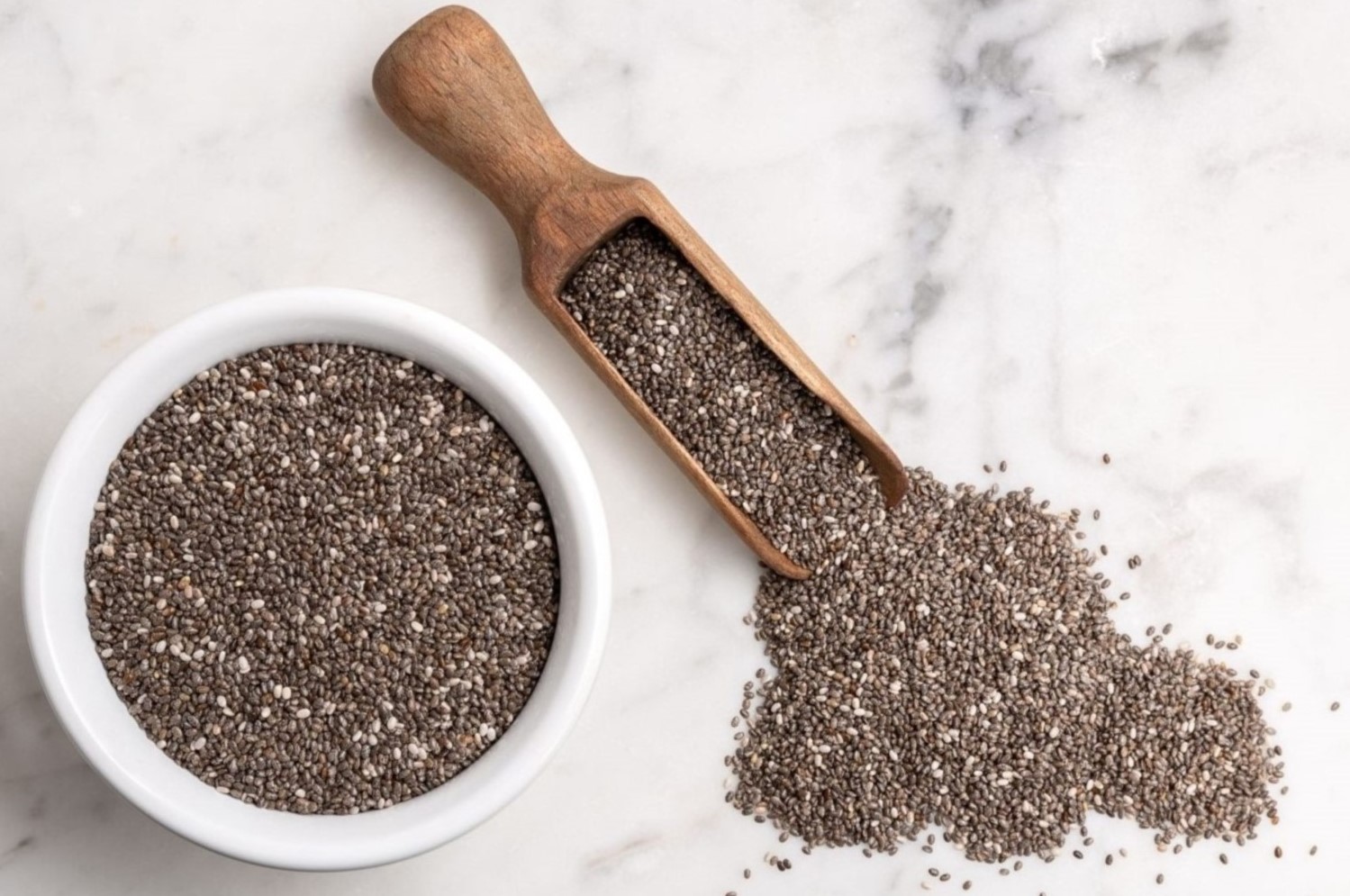
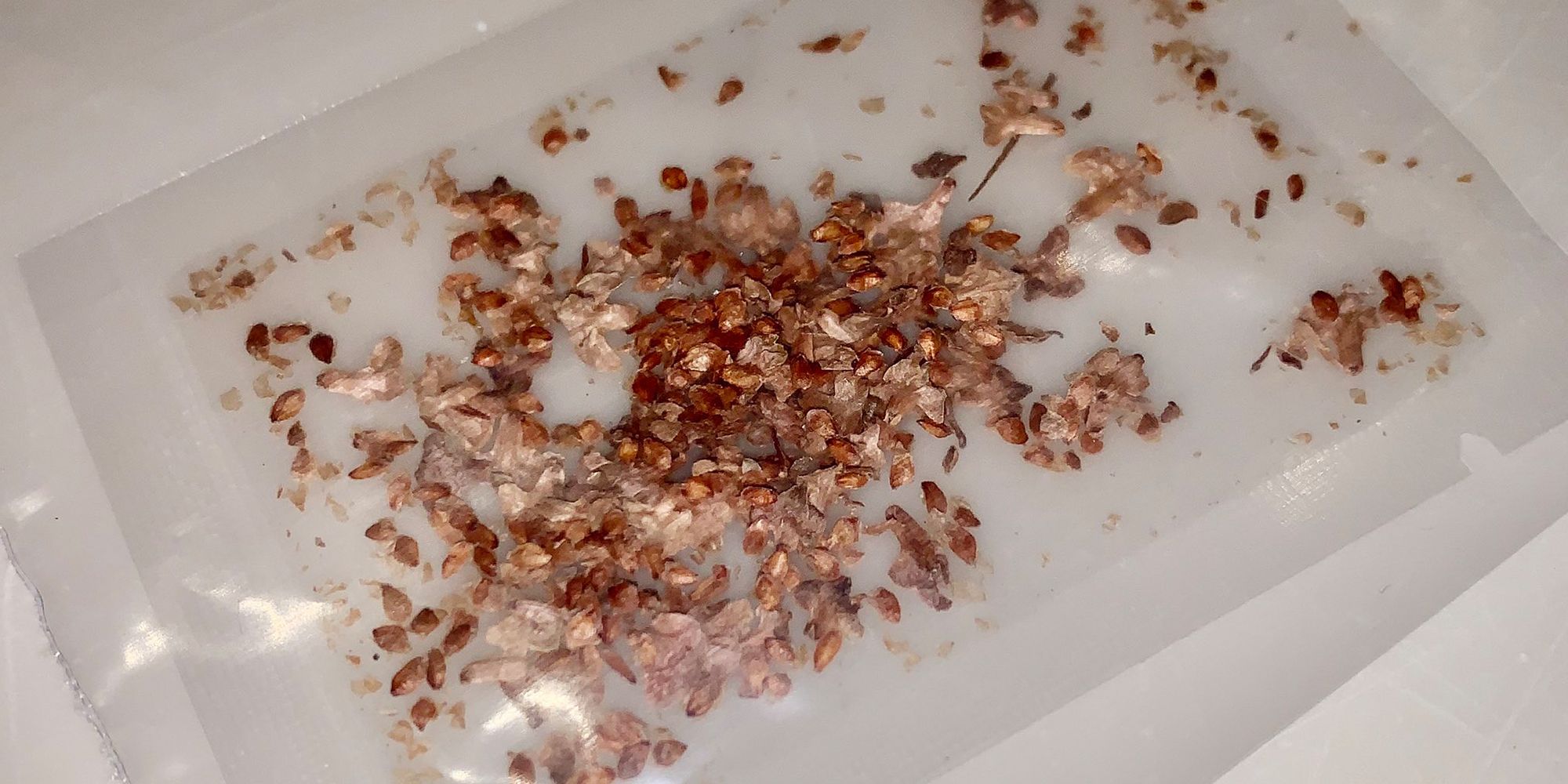
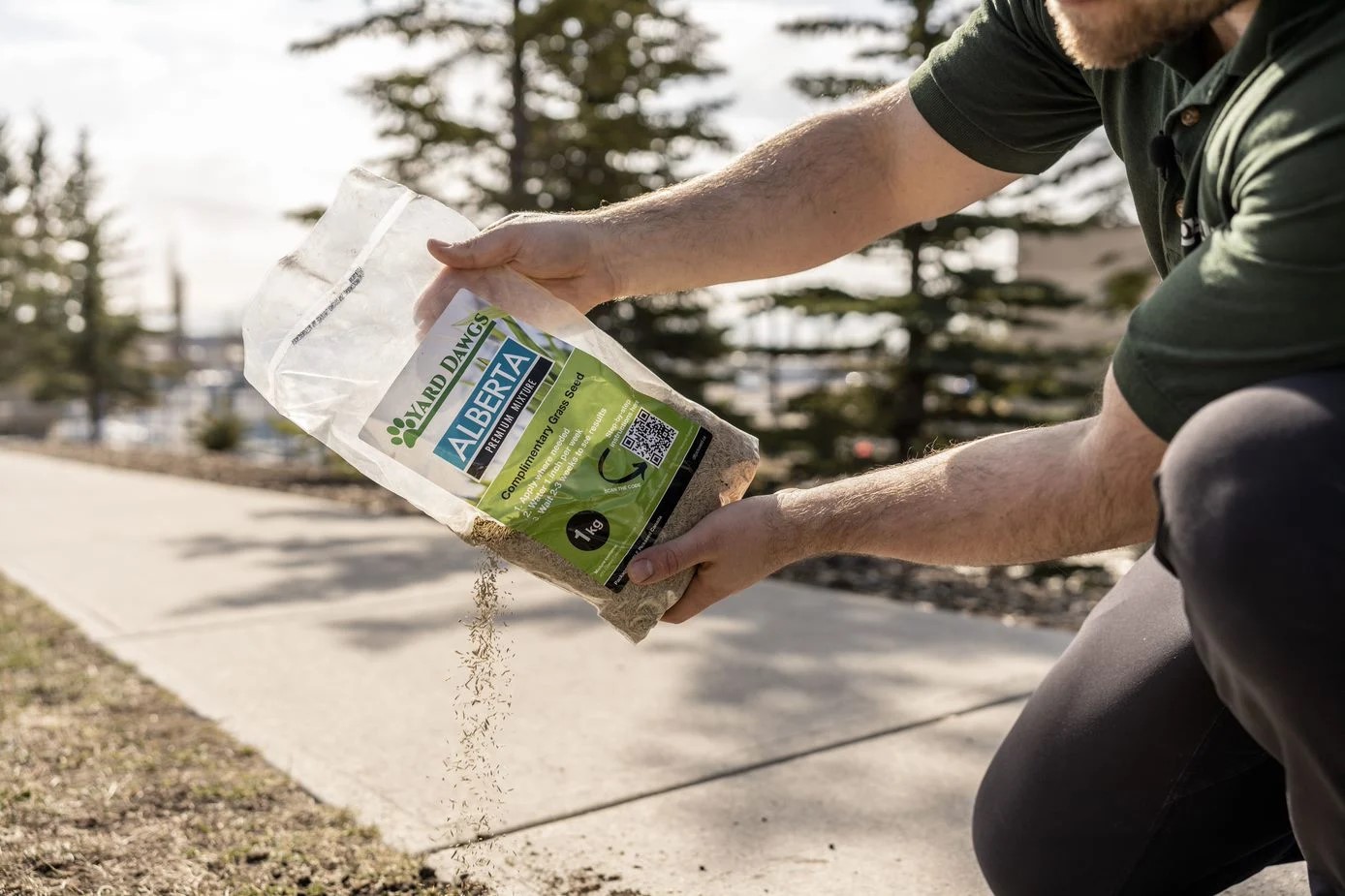
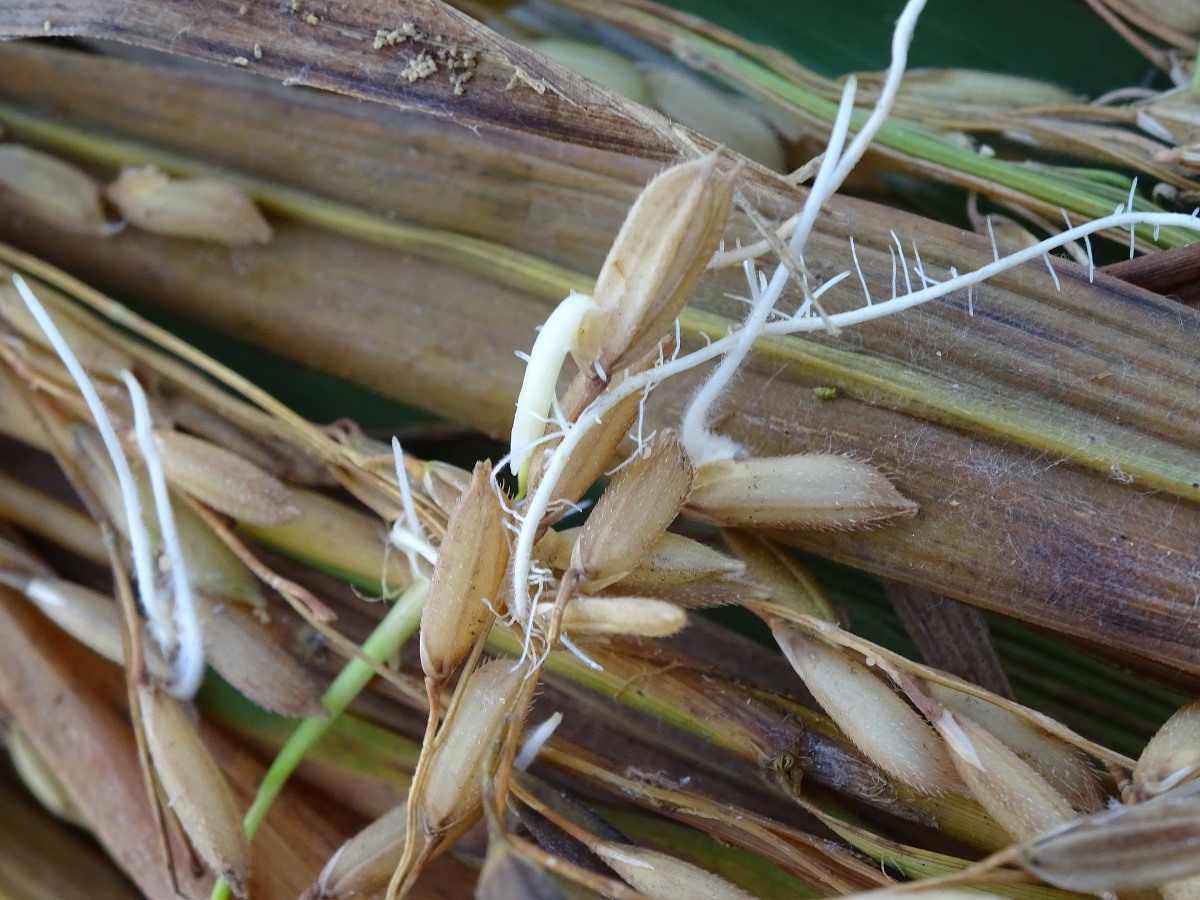

0 thoughts on “How To Store Coriander Seeds”